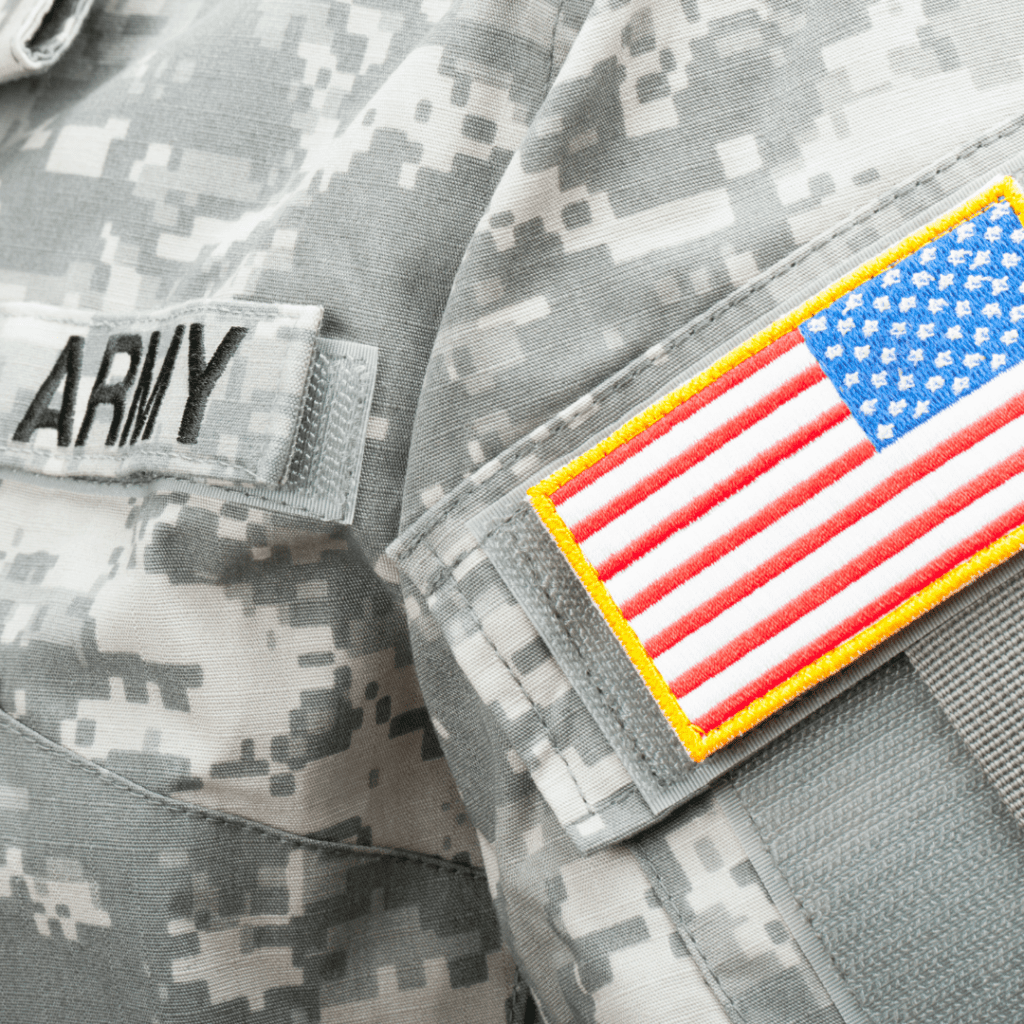Describe your life prior to diagnosis:
I was pretty healthy in general and served in the US Army. I did have a dislike for many wheat-based foods like bread, pizza, and donuts (which got more intense as I got older), but it never really made me sick. No one in my family understood my distaste.
How did you come to know that you have celiac disease?
After giving birth and attempting college again, I started to get very sick every time I ate. It felt like food poisoning but without physically being able to vomit. I spent so much time on the toilet, sleeping in the bathroom, feverish and weak with my throat constantly swollen. I lost about 40 pounds over the course of a year, had to drop out of school, and spent what little energy I had taking care of my baby. No one knew what was going on.
Then I went to a rheumatologist for a completely unrelated issue. She asked me a lot of questions, including about my stool and bathroom habits. When I mentioned my father had other (non-celiac) bathroom issues, she decided to run a few tests, which revealed the genetic markers for celiac as well as malnourishment. It didn’t take long after that to see a GI specialist and get a celiac disease diagnosis. I appreciate them very much for taking it so seriously and acting as quickly as they could.
How long did it take for you to get diagnosed since your first symptoms and what (if any) challenges did you face along the way?
It took over a year to get diagnosed. My family didn’t believe that I could have any issue and thought I was being dramatic. No one had heard of celiac disease, not even me. I didn’t know what was safe for me to eat.
Describe your experience with living with celiac disease:
My family made it difficult at first. They scoffed and didn’t care about what I could and couldn’t eat. My aunt claimed that it was a Jewish person disease and since there weren’t any Jewish people on their side then it couldn’t be from them. My mother would make plans to eat out without checking if I could eat anything. I have had to sit at restaurants and watch my family eat while I had nothing. They couldn’t understand why I couldn’t just order a salad or pick the croutons off. I have had waitstaff and restaurant managers who didn’t even know what gluten is. Many times I’ve been asked if celiac disease was actually serious. As a result I’ve become much more careful about food in general and have often explained why I can’t just assume something is gluten-free or celiac safe.
Fortunately, my family has become more accepting of my condition (though my mother still does not understand why cross-contamination is bad or why I cant just “break my fast” and have the slice of pie with wheat crust), but I still take a risk every time I go to eat with my family. I can’t trust that they wouldn’t just decide to contaminate my food. It does make me sad that gluten-free is considered a fad diet and is not taken seriously by many people.
Is there anything else you’d like to add to your story?
I have met many people in college who know about celiac and are accepting, sympathetic and accommodating. Many of my friends understand my condition and take it seriously and, according to them, they are some delicious gluten-free cookies, brownies and pizza that are better than the gluten varieties. I appreciate them very much. At the same time, I worry for the future of my child, whom I might have unknowingly passed this condition on to.





